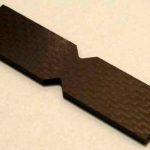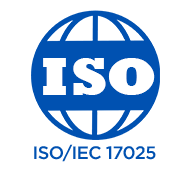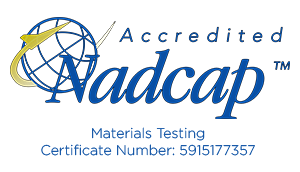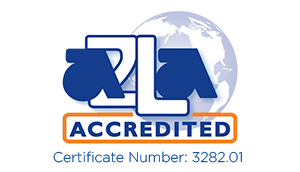Shear Testing
Shear testing is designed to understand the behavior of materials under shear loading. A simple example is a torque tubes used in torque transmission in rear wheel and four-wheel drives in cars and trucks. In many instances shear loading appear as a component of overall loading. For example, in case of load bearing beams in building and structures shear stresses appear as part of bending or flexural loading. Another area, where shear properties are important are, fasteners used to join components.
Type of Shear Tests
 Two main types of shear tests, namely in plane and out of plane shear tests, are available. Most common in plane shear tests are V notch rail shear and V notch beam shear tests useful to understand the material strength properties in shear mode. Typical out of plane shear test is punch shear test, which is useful in understanding material behaviors in blanking, punching operations. Several derivatives of both in plane and out of plane shear tests are available. Some notable examples are lap shear tests for testing adhesives, Core shear test for sandwich materials, Torsion test, etc.
Two main types of shear tests, namely in plane and out of plane shear tests, are available. Most common in plane shear tests are V notch rail shear and V notch beam shear tests useful to understand the material strength properties in shear mode. Typical out of plane shear test is punch shear test, which is useful in understanding material behaviors in blanking, punching operations. Several derivatives of both in plane and out of plane shear tests are available. Some notable examples are lap shear tests for testing adhesives, Core shear test for sandwich materials, Torsion test, etc.
Specimen Geometry and Preparation
Typical specimen geometry for in plane shear tests (see figure) are rectangular sheet or bar sample with a notch in the center to focus the loading. Out of plane tests does not require any materials preparation.
Capability – At touchstone testing laboratory we run in plane shear tests (both three and four point) commonly on polymer composites, carbon-based materials, metallic and carbon foams, ceramics and ceramic composites. We have test frame with capability from few kilo newtons to 500 Kilo newtons capable of running large scale shear tests like building materials. Tests are generally done at ambient conditions low rate of loading for in plane shear test. Out of plane tests like punch shear, etc., are done at high rate of loading. These tests may be done also at high and low temperature.
Some common standards:
- ASTM B565 – Standard Test Method for Shear Testing of Aluminum and Aluminum-Alloy Rivets and Cold-Heading Wire and Rods
- ASTM B769 – Standard Test Method for Shear Testing of Aluminum Alloys
- ASTM B841 – Standard Test Method for Shear Testing of Thin Aluminum Alloy Products
- ASTM D732 – Standard Test Method for Shear Strength of Plastics by Punch Tool
- ASTM D4255 – Standard Test Method for In-Plane Shear Properties of Polymer Matrix Composite Materials by the Rail Shear Method
- ASTM D5379 – Standard Test Method for Shear Properties of Composite Materials by the V-Notched Beam Method
- ASTM D7078 – Standard Test Method for Shear Properties of Composite Materials by V-Notched Rail Shear Method



Touchstone is committed to providing its customers with quality, reliable test results. That is why we have undertaken the rigorous steps needed to meet and secure the most stringent of test lab accreditations including ISO/IEC 17025, NADCAP 7101 (Materials Test Lab) and NADCAP 7122-I (Non-Metallics Materials Testing).
© 2024, Touchstone Testing Labs | Design by Wheelhouse Creative

